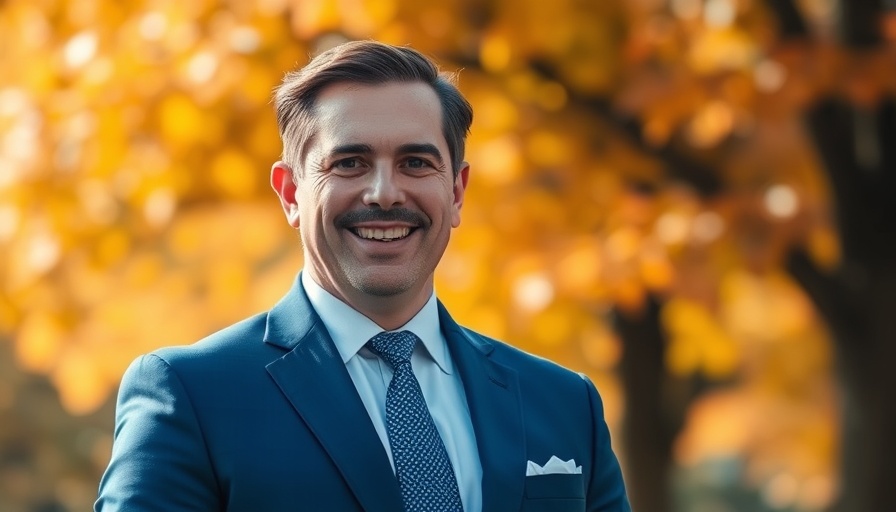
Cannabis: A Modern Solution for Aging Populations
As the baby boomer generation ages, the healthcare system faces an unprecedented challenge: how to care for the increasing number of seniors dealing with complex health issues such as dementia and chronic pain. Surprisingly, a natural remedy long shunned by mainstream medicine—cannabis—is being re-evaluated as a viable therapeutic option. As highlighted by Dr. Dustin Sulak, a pioneer in medical cannabis, his experiences treating a diverse range of patients—from veterans with PTSD to elderly patients with dementia—underscore the plant's multifaceted benefits.
The Shift Towards Holistic Care in Medicine
Dr. Sulak's observations point to a bigger shift in the medical landscape. Traditional medicine often focuses on simplified, algorithm-driven approaches that can overlook the complexities of patient experiences. In recent years, a growing number of healthcare professionals have begun advocating for a more integrative approach to treatment, one that embraces the plant's diverse chemical properties—cannabinoids, terpenes, and flavonoids—that can correspond with the varied needs of patients.
Breaking Down Barriers: The Need for Acceptance
Despite its benefits, the incorporation of cannabis into clinical practice remains slow. Fear and misunderstanding still plague established medical practices, particularly in psychiatry. Yet, Dr. Sulak sees hope in specialties such as oncology and neurology, where the drive for compassionate care is leading to greater acceptance of cannabis. This differing attitude signifies a potential future where doctors may be more eager to consider all the available tools for patient care.
The Therapeutic Power of Community
A significant part of the healing journey is the community surrounding the use of cannabis. Dr. Sulak points out that shared experiences among patients, especially veterans, can provide an emotional safety net that enhances recovery. The social aspects of cannabis consumption can foster connection and understanding, elements often missing in traditional medical settings. Such social environments may not only alleviate symptoms of various conditions but also help restore a sense of belonging among individuals.
Pioneering a Safer Alternative for Seniors
In the face of rising healthcare costs and the inadequacies of current medications for seniors, such as chemical restraints used in dementia care, alternative options are crucial. Dr. Sulak's innovative approach includes developing compliant, hemp-derived products that can deliver effective therapeutic doses without the adverse effects commonly associated with conventional treatments. This approach could restore quality of life to countless seniors, offering an escape from the cycle of sedation and compounding health issues.
Conclusion
The potential of cannabis to transform treatments for conditions like dementia, PTSD, and chronic pain is becoming increasingly recognized. As we continue to challenge outdated medical practices and champion holistic care, it is essential to embrace this natural remedy, harnessing its chemistry and community aspects to pave the way for future innovations in health and wellness.
 Add Row
Add Row  Add
Add 




Write A Comment